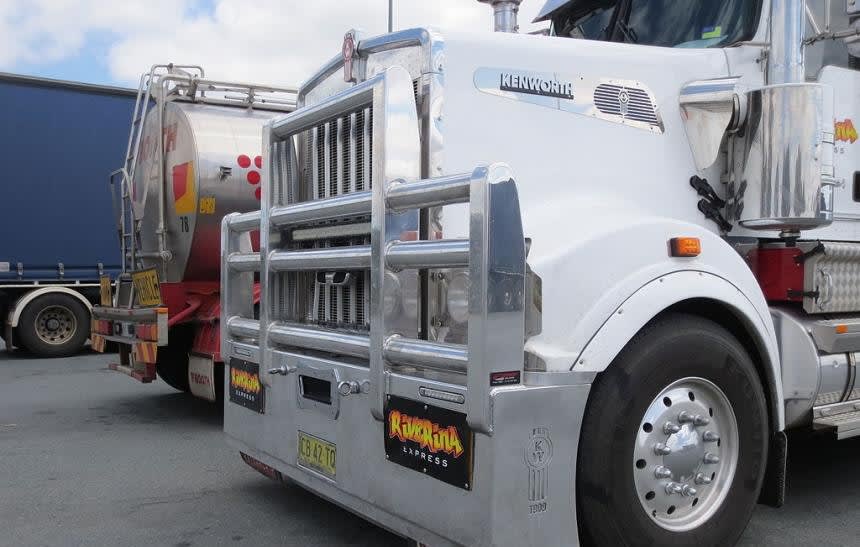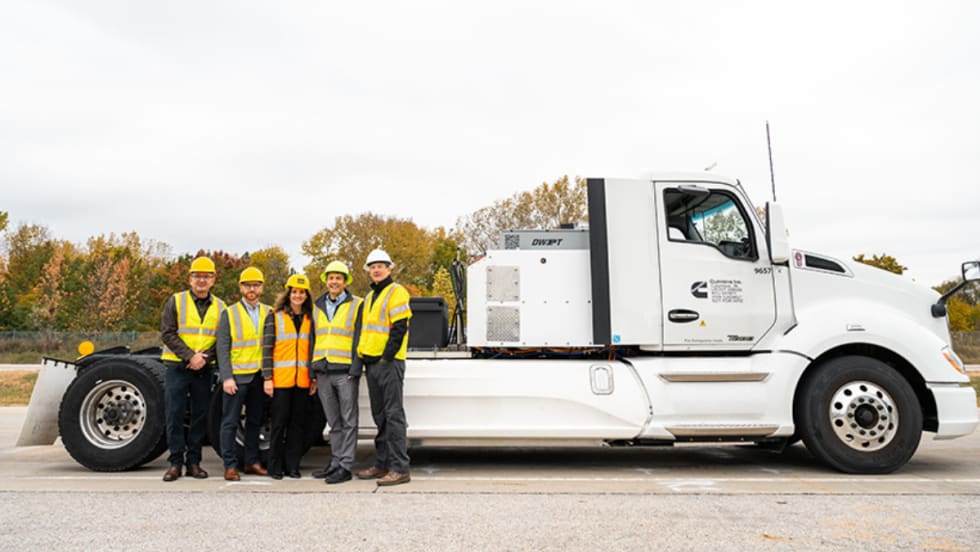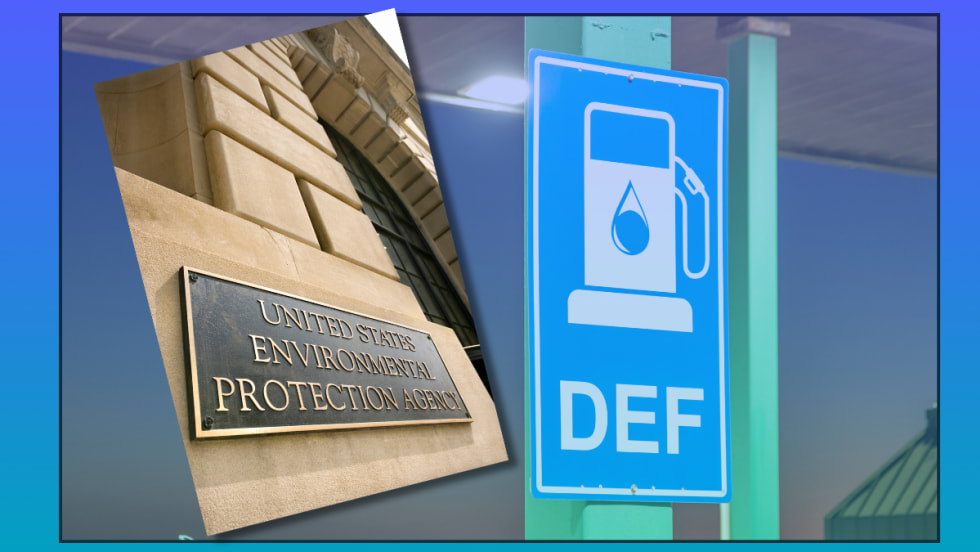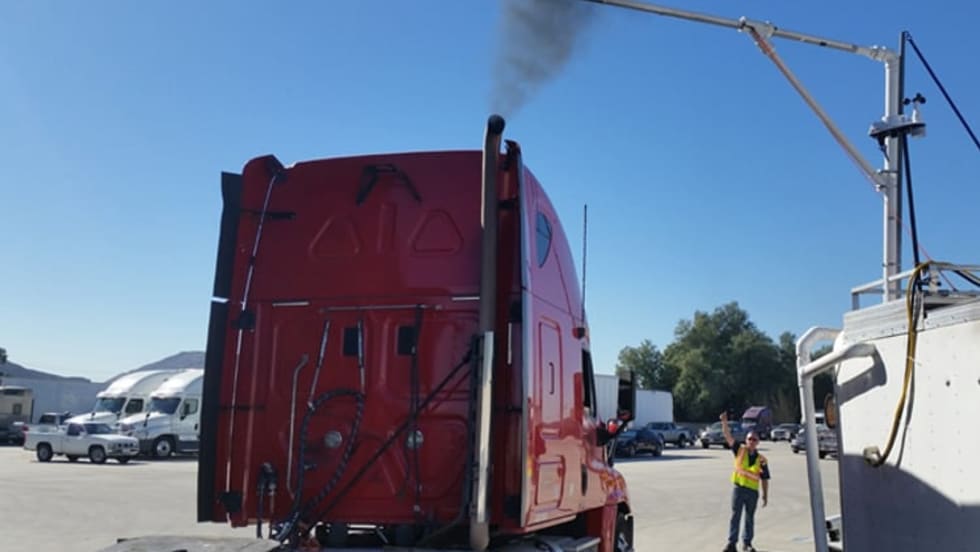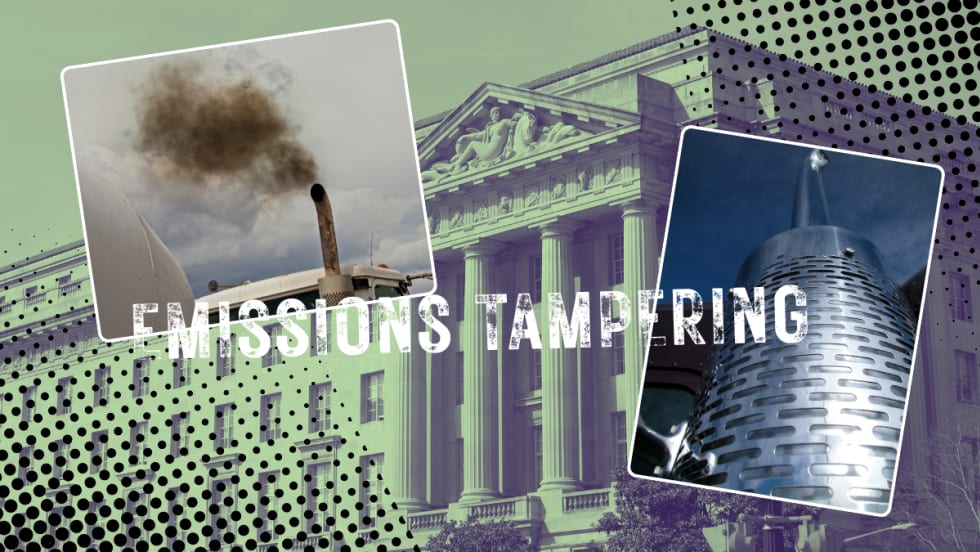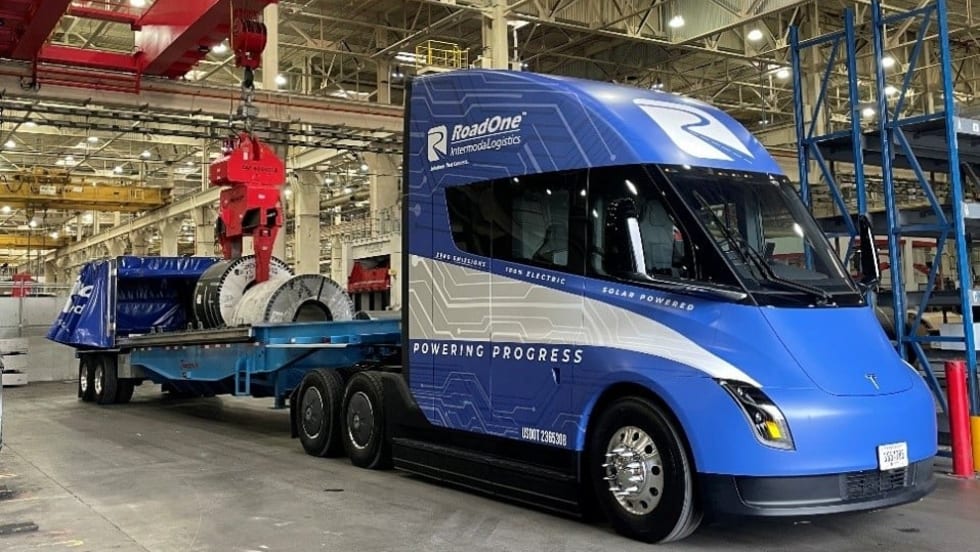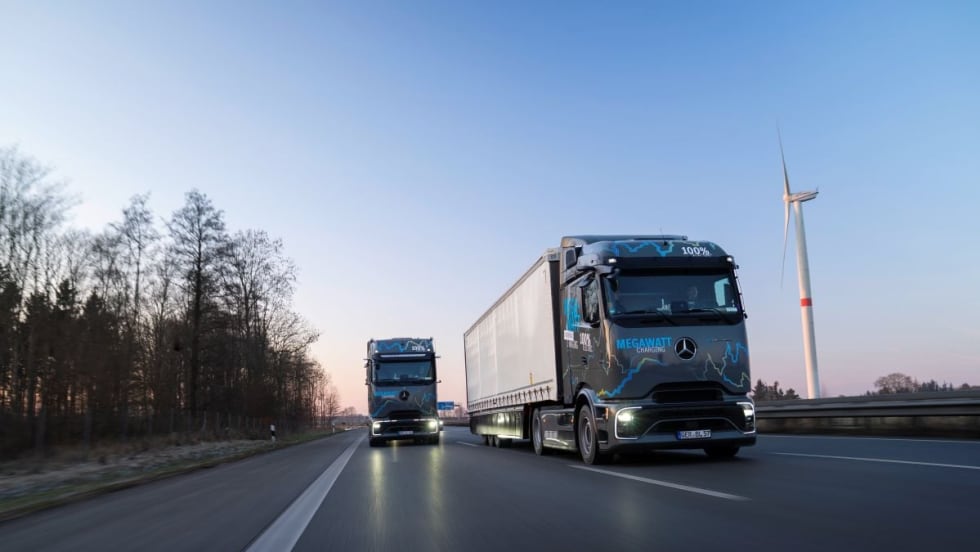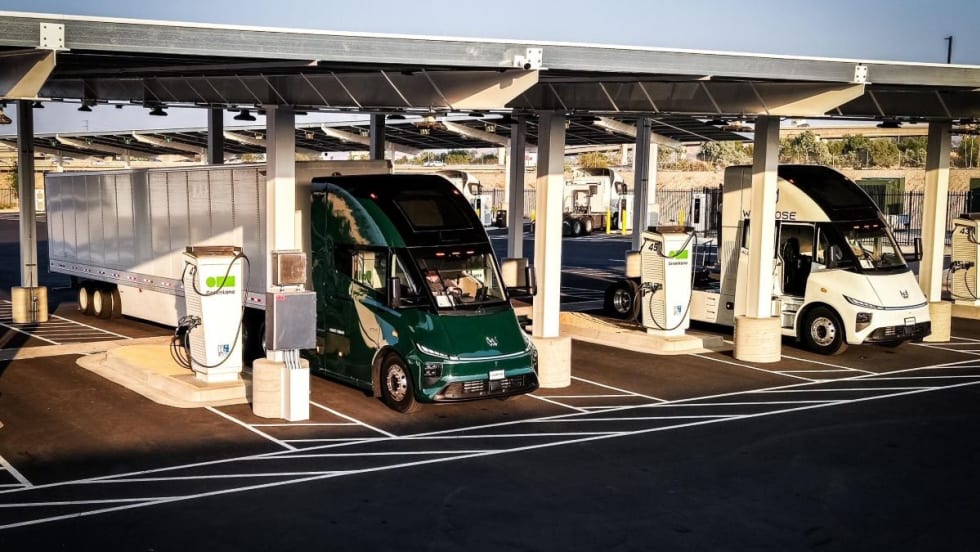A recent bill proposed by California State Senator Nancy Skinner (D-Berkeley) lays out an even more aggressive plan for emissions reduction in the state and puts the transportation sector squarely in its crosshairs than previously introduced bills in the Golden State.
Senate Bill 44, also known as the Ditching Dirty Diesel bill, is designed to phase out, over time, the use of diesel-fueled medium- and heavy-duty trucks and buses in California. The bill would mandate that the California Air Resources Board, come up with a plan to reduce greenhouse gas emissions in commercial trucks by 40% within 10 years and 80% by 2050.
Sen. Skinner’s main concern with diesel emissions stems from its effects on the health of families and children who live near ports other areas with high concentrations of trucking activity. The pollution in these areas has been linked to an increase in respiratory problems, especially in children, such as asthma, chronic heart and lung disease and even cancer.
While diesel trucks make up 3% of the vehicles on California Roads, they produce 23% of the greenhouse gas emissions from the transportation sector, according to studies cited by the bill. Skinner represents a Bay Area district that includes the Port of Oakland and its surrounding communities.
The Bay Area ranks as the sixth worst region in the U.S. for short-term particulate pollution and is 10th overall for year-round pollution, according to a report from the American Lung Association.
“Tailpipe pollution not only damages our health, it’s a major source of greenhouse gas emissions,” said Skinner. “And the exhaust from diesel trucks in particular presents a pressing health crisis for families and children living near ports and trucking routes, such as West Oakland and Richmond.”
The SB44 also calls for setting aside a percentage of the state’s Greenhouse Gas Reduction Fund each year until 2025 to support he transition to cleaner commercial vehicles. CARB would also be required to identify regulation that could improve market acceptance of clean technologies, spur technology advancements and reduce technology costs. It would also also look into whether policies could be implemented that provide advantages to fleets that reduce emissions early.
“We need to continue to send strong policy signals and financial incentives to spur the transition away from dirty diesel,” said Skinner. “SB 44 is technology neutral, supporting all clean vehicle technologies. But the truth is we must transition to ZEVs to have a real shot at eliminating air pollution and halting climate change.”




